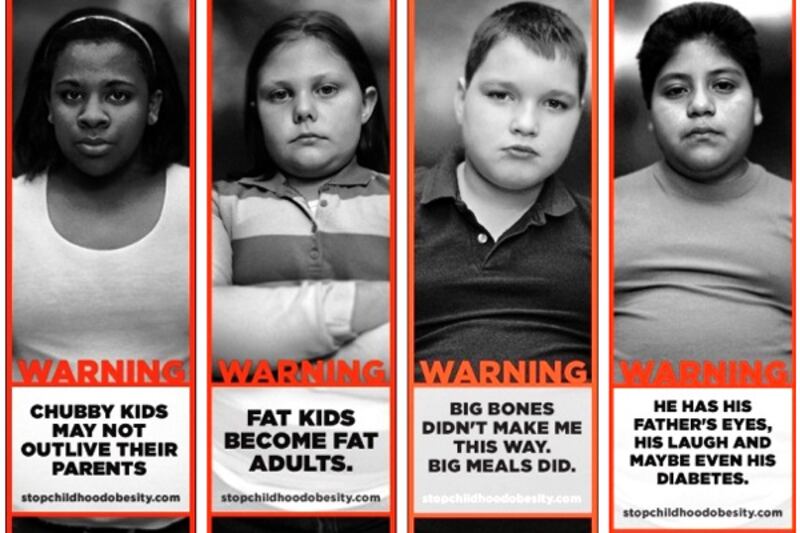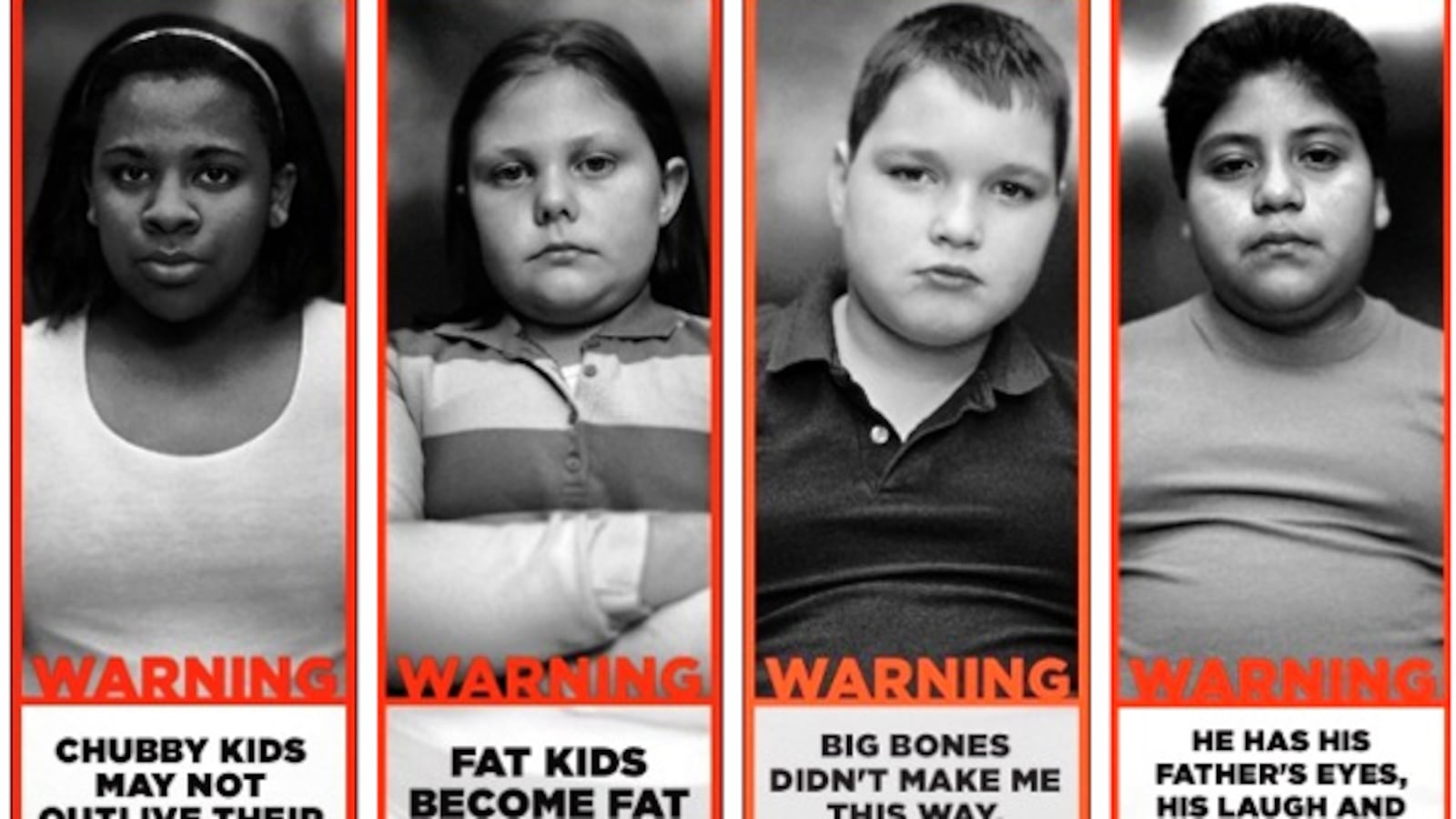A few weeks ago, a rich middle-aged white guy named Gene Marks wrote an article for Forbes entitled “If I Were a Poor Black Kid,” offering advice to poor black inner-city children on how they could pull themselves out of poverty. Even though this was, no doubt, the first article such children turned to when that particular issue of Forbes showed up in their mailboxes, there are reasons to suspect that Marks’s specific advice (study hard, get good grades, use the Internet to find and apply for scholarships to high-class private high schools run by guilt-ridden rich people, and then get a similar scholarship to a good college) might not have been all that practical, given what social workers refer to euphemistically as the various “challenges” faced by his target audience.
Marks’ foray into social policy was excoriated in particular by liberals, who pointed out that his advice basically came down to telling poor kids to stop being poor. That was a fair criticism, which leads me to ask my fellow travelers on the left side of the political spectrum a simple question: Why do so many of us seem to believe it’s helpful to tell fat kids to stop being fat?
Consider Children’s Healthcare of Atlanta’s Strong4Life campaign, which features TV ads and billboards with messages such as “being fat takes the fun out of being a kid” and “it’s hard to be a little girl if you’re not.” My personal favorite is an ad in which a clearly shame-stricken little boy asks his (fat) mother, “Mom, why am I fat?” (Mom silently hangs her head in shame).

Now I’m sure the typical empathic, open-minded liberal—let us call her “Michelle”—would be appalled by the suggestion that we ought to shame fat children about being fat. Oh heavens no: we certainly don’t want to shame anyone! After all, we value, and indeed treasure, human “diversity” in all its forms—except, apparently, body diversity. And Michelle herself may well oppose something like the Strong4Life campaign, on the ground that, as one “childhood obesity” researcher puts it, “we need to fight obesity, not obese people.” (Those of us who study the conversion-therapy movement, which attempts to turn gay people into straight people, will recognize the parallel with the claim that such interventions are aimed at homosexuality, rather than homosexual people).
Even if we put aside the difficult question of how you can avoid shaming and stigmatizing people if at the same time you’re claiming that their bodies are diseased as a consequence of behavior that’s within their (or at least their parents’) control, there are other problems with the theory that it’s useful to inform fat children that in this culture it’s not considered desirable to be fat.
First, there’s overwhelming evidence that fat children are already perfectly and painfully aware of this fact (Ironically, the Strong4Life’s ads are themselves based on the premise that fat kids should stop being fat, in part, because fat kids are treated badly for being fat. Again, it’s unclear just why the people behind this campaign think fat children are in need of this particular piece of information, given that it’s already transmitted to them countless times every day).
Second, how exactly is telling fat kids they’re fat going to help make them thin? The official theory of our federal public health agencies is that “more physical activity, breastfeeding, consuming fresh foods, limiting television viewing and decreasing consumption of sugar beverages are all actions that could potentially turn the tide on childhood obesity.” Apparently, this is the “scientific” answer that the shame-stricken mother should have told her little boy when he asked her “why am I fat?”
Now, the great thing about science is that scientific theories can be tested—and this one has been, extensively, repeatedly, and at considerable expense. Just last month, a meta-analysis of no fewer than 55 intervention studies, most of which were based on precisely this theory, was published in the Cochrane Database of Systemic Reviews. The study found that the average weight loss in the nearly 30,000 children who participated in these studies was . . . one pound.
Now the curious thing about human beings is that, when faced with overwhelming scientific evidence that their theory happens to be wrong, they will—if that theory remains crucial to their psychological needs, ideological commitments, and economic interests—simply ignore that evidence.
That helps explain why rich middle-aged white guys can keep believing that it’s helpful to inform poor black kids that they should engage in X, Y, and Z in order to stop being poor, even when there’s overwhelming evidence that telling poor black kids to engage in X, Y, and Z has exactly zero effect on poverty rates.
And it helps explain why Michelle—our empathic liberal, who understands perfectly well that telling poor black kids to stop being poor is worse than useless—is nevertheless perfectly capable of continuing to believe that it’s a good idea to fund government programs that are designed to reduce childhood obesity, when it has been proven over and over again that the programs she’s advocating will have exactly zero effect on “obesity” rates.






